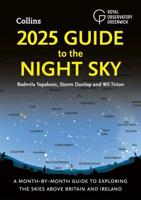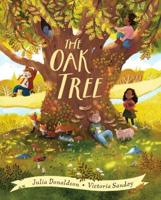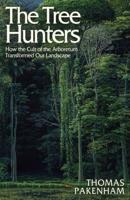Publisher's Synopsis
Forest lands across the world are experiencing increased risk from extreme weather, drought, fire, insect and plant invasions, and disease. Scientists project increases in air temperature, changes in rainfall patterns, and higher levels of atmospheric carbon dioxide (CO2) that may cause these threats to occur more often, with more intensity, or for longer durations. Natural resource managers and planners are increasingly tasked with considering the effects of climate change in their everyday work. Although many of the effects of future changes may be considered negative, natural resource management can help mitigate these impacts. Management strategies informed by the best current science enable natural resource professionals to better protect the land and resources and sustain the benefits of forest lands into the future. However, the ever-increasing volume of useful scientific information about climate change makes it difficult for managers and planners to effectively consider and apply emerging science. This report provides a knowledge base of peer-reviewed climate change science for El Yunque National Forest (EYNF), also administratively designated as the Luquillo Experimental Forest (LEF), Puerto Rico, and the greater Caribbean region. The extensive literature review reflects the body of sources gathered by the U.S. Department of Agriculture (USDA) Forest Service's Template for Assessing Climate Change Impacts and Management Options (TACCIMO; Treasure and others 2014) database in collaboration with the International Institute of Tropical Forestry (IITF) and local managers from EYNF.










